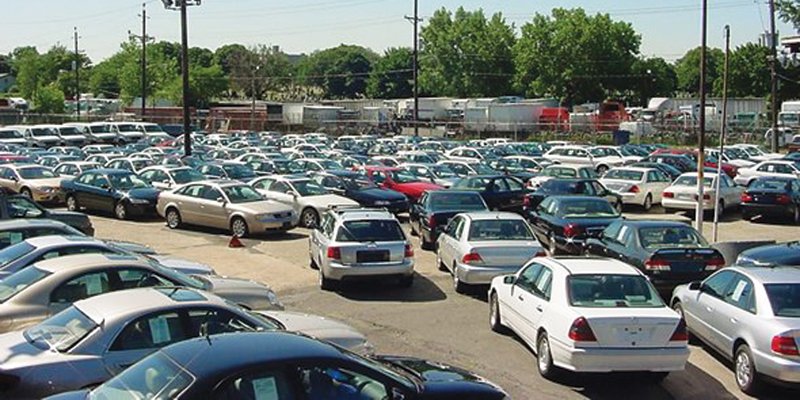Used car import rules clarified
Imports of second-hand vehicles more than 10 years old from the date of manufacture on the day they enter Zimbabwe on or after April 2 are no longer automatic and now need specific import licences for each vehicle, with importers attaching proof of payment when applying for this licence.
The same Control of Goods (Import and Export) (Commerce) (Amendment) Regulations, 2021 (No.9) gazetted on Friday also removes cement and sugar from the open general import licence, although specifically not sweets made of sugar, and so importers of these two commodities need an import licence for each incoming shipment.
The amendment to the first schedule of the original regulations was made by Industry and Commerce Minister Dr Sekai Nzenza in Statutory Instrument 89 of 2021 gazetted on Friday.
While importers of most older vehicles now need to apply for a specific import licence, the minister exempted from the requirement commercial vehicles, listing these as tractors, haulage trucks, earth-moving equipment and specialised vehicles used in the mining and construction sectors. Those importing such vehicles, even if they are more than 10 years old from date of manufacture, can still import them on the open general import licence so their only paperwork is just the customs clearance.
Applications for importing cars, motorcycles and light trucks more than 10 years old, along with applications to import cement or sugar, can be made at the offices of the Ministry of Industry and Commerce in Harare, Mutare, Bulawayo, and Gweru in line with Government decentralisation policies, Minister Nzenza said in a statement explaining her gazetted statutory instrument.
Even outside the four older cities, people can contact ministry officials in Mashonaland East, Mashonaland Central, Mashonaland West and Matabeleland South if they have queries. An electronic licensing platform that can be used by importers and exporters has also been established.
The requirement to seek permission to import every light second-hand vehicle over 10 years old is in line with the National Development Strategy 1, which underscores value addition and encourages effective standards, regulations and use of roadworthy vehicles that meet environmental and safety standards.
Those who check such vehicles have found that many under a decade old with moderate mileage are likely to be roadworthy, but as age increases faults start growing rapidly and both the owners and Zimbabwe can face huge import bills for spare parts.
It is not yet known what criteria will be used to see if an older vehicle can still be imported, as the regulations do not impose a ban but only a requirement that the industry ministry must check the proposed import first, rather than just allow an automatic import.
Imports of cement and sugar will need justification as well, especially as Zimbabwe is now self-sufficient in both commodities and can produce surpluses for export. Cement imports in particular have long needed careful checking in any case to prevent sub-standard or mislabelled products being foisted on Zimbabweans who think they are getting a bargain. Bad cement can cause serious dangers if buildings collapse as a result.
Presenting the 2020 National Budget last year, Finance and Economic Development Minister Professor Mthuli Ncube also said all vehicles imported from Japan will require prior clearance to ensure they are not contaminated by radioactivity from the 2011 accident at the Fukushima nuclear plant.
The actual regulations just say second-hand vehicles from countries that have had a high-level nuclear accident, to prevent vehicles salvaged from the immediate area of that nuclear accident being shipped to Zimbabwe. But Japan is at present the only affected country.
However, so far no hot vehicles have been found in the Japanese imports, meaning no one has tried to retrieve vehicles from the Fukushima area for sale in Zimbabwe.
Prof Ncube noted that Zimbabweans had spent about US$1,3 billion on the imports of buses, light commercial and passenger motor vehicles from 2015 to September 2020.-herald.cl.zw










